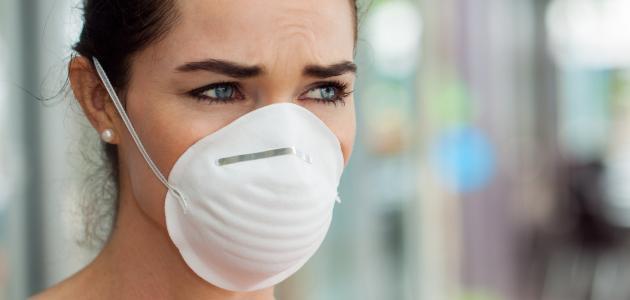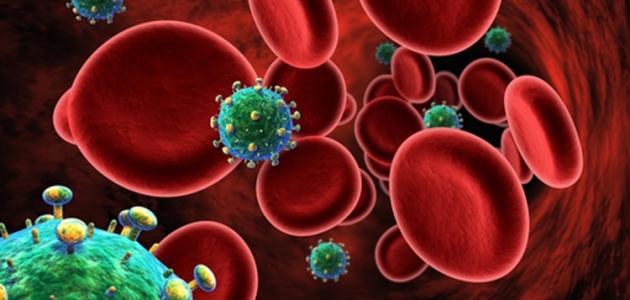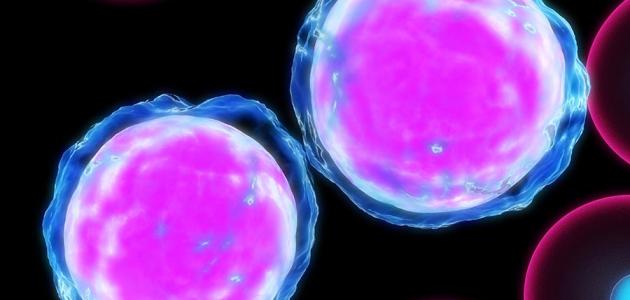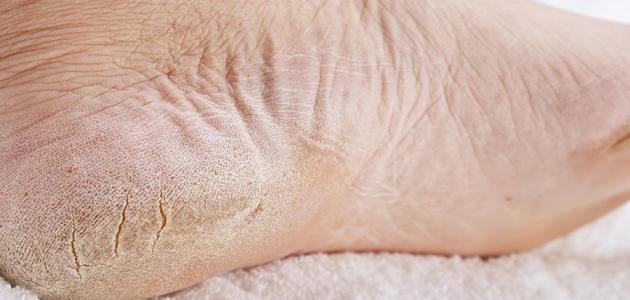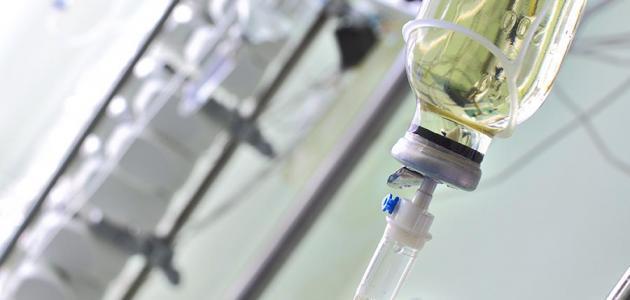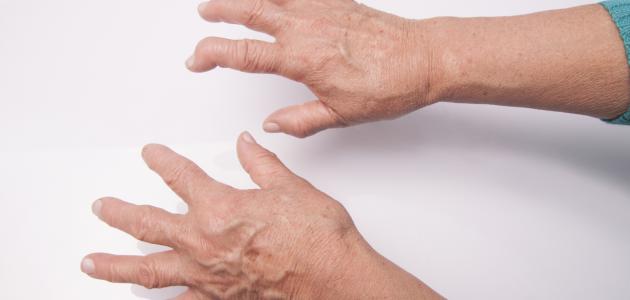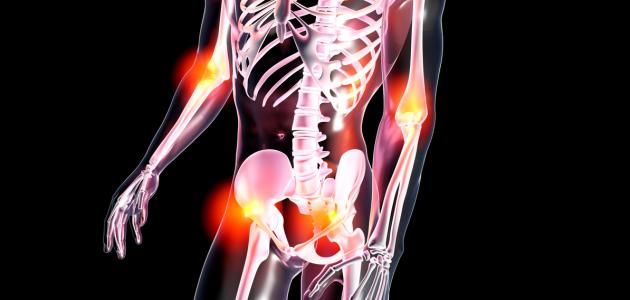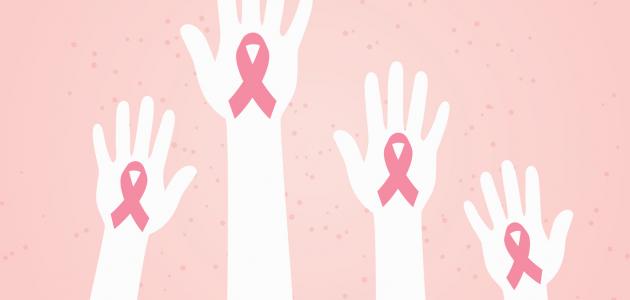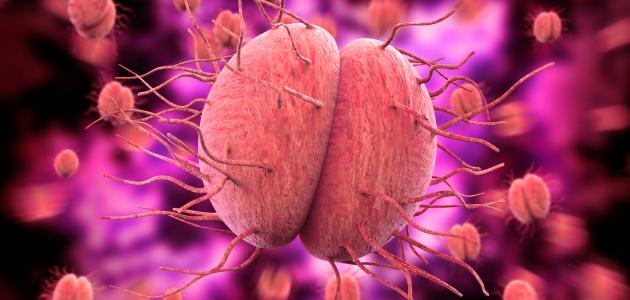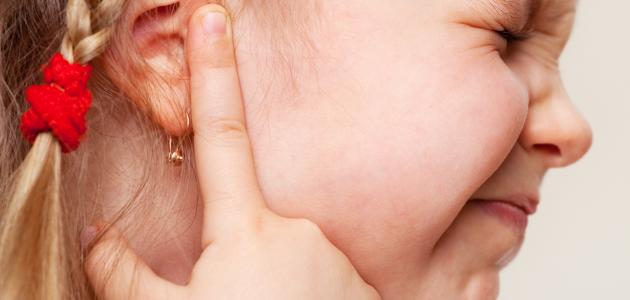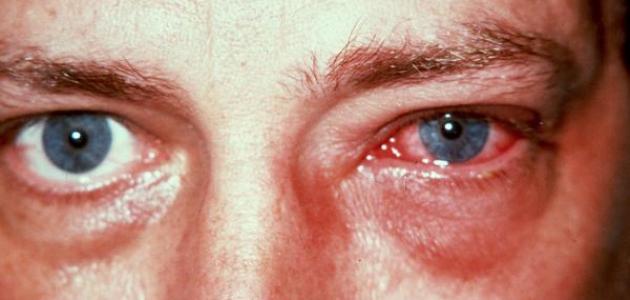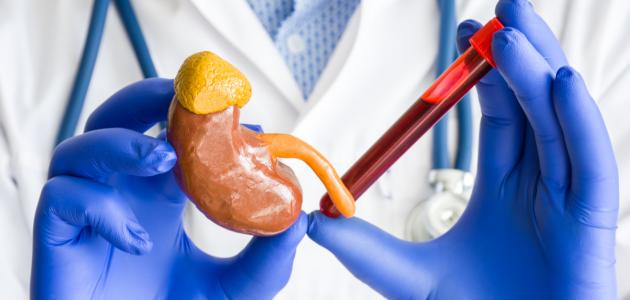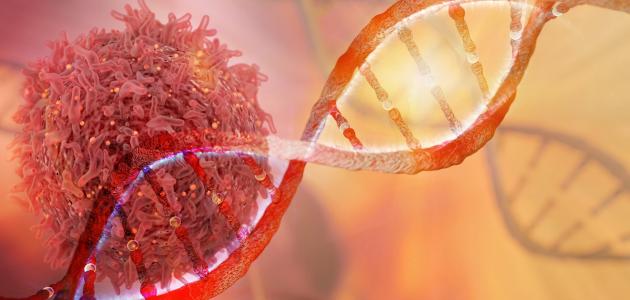Contents
Cholera Disease
The cholera disease a pandemic infectious diseases associated with the loss of large amounts of body fluids, so the death rates of these infections are high if it is not treated, especially when it affects infants and children, and people with weakened immune, despite the ease of treatment of these infections However, it is estimated that cholera affects about 3-5 million people every year, and causes the death of more than 100,000 people worldwide, and it is worth noting that cholera was common in the United States in the year 1800 AD, but at the present time it is considered rare disease in which, due to the noticeable improvement in living conditions, health systems, but for the cause of cholera, it is caused by infection with the bacterium Vibrio cholera, which was discovered by the German scientist Robert Koch in 1883 A.D., where these bacteria live in shallow and salty watery media on microscopic crustaceans, and they can exist in the form of colonies covering the surfaces of plants, rocks, and water. [1]
Complications of cholera
In severe cases of cholera infection, the loss of large amounts of fluid and electrolytes can cause death within two to three hours of the onset of symptoms, but in less severe cases, the patient may die hours or days after the onset of symptoms due to his infection Dehydration, shock if not receiving appropriate treatment, and among other complications that may occur as a result of cholera, the following can be mentioned: [2]
- Hypokalemia : Low potassium in the blood occurs in the case of cholera, as a result of losing large amounts of it with the stool, and this deficiency may affect nerve and heart functions, and it can threaten the life of the person.
- Lack of blood : The children are the most vulnerable to a lack of sugar in the blood as a result of the lack of eating, it is possible to be accompanied by low blood sugar with the occurrence of loss of consciousness, convulsions and injury, or even death.
- Kidney failure : It is one of the problems that may threaten the life of the injured, as the kidney loses its ability to get rid of some electrolytes, waste accumulated in the body, and excess quantities of fluids.
Symptoms of cholera
A person with cholera shows a set of different symptoms , such as: [3]
- Bad-smelling stool.
- Suffering from dryness of the mucous membranes in the body, as the patient suffers from dry mouth .
- Suffering from muscle spasms.
- Feeling of unusual tiredness and sleepiness.
- Feeling thirsty.
- Accelerated heartbeat.
- Low blood pressure .
- Suffering from vomiting.
- The skin has lost its elasticity.
- Having severe watery diarrhea, which often contains white pieces about the size of a grain of rice; These are mucus and some of the cells of the layer that lines the digestive system.
In severe cases, there are many other symptoms that may appear on the injured, and some of them can be mentioned as follows: [3]
- Infection with fever .
- Feeling of rectal pain.
- Decreased or no urine output.
- Suffering from abdominal pain.
- Incidence of convulsions .
- Dehydration.
- Falling body weight.
Cholera risk factors
There are a number of factors that can increase the risk of developing cholera, including: [4]
- Infection of a family member with the disease.
- Eat raw oysters, if the oysters live in filthy water contaminated with cholera bacteria.
- Settling into places with poor conditions, where the water is polluted and the sanitation system is poor.
- Carrying O blood .
- Low level of acids in the stomach; Whereas, cholera bacteria cannot survive in environments with high acidity.
Sources of cholera
Cholera bacteria are most often transmitted when contaminated with food or drink in the feces of an infected person, and among the common sources that may be a cause of transmission are the following: [5]
- Food and beverages purchased from street vendors.
- Fish and seafood caught from water contaminated with sewage.
- Vegetables grown in water contaminated with human feces.
Prevention of cholera
It is possible to prevent cholera when traveling abroad by following several different tips and methods. Some of these tips are mentioned below: [6]
- Make sure to wash your hands well with clean water and soap, especially before eating or preparing food, or after using the toilet, and hand sanitizer that contains at least 60% of alcohol can be used as an alternative to water and soap.
- Avoid eating raw shellfish, including sushi.
- Make sure to use boiled, canned, or chemically treated water in preparing food, washing utensils, or brushing teeth.
- Avoid dairy products.
- Eat freshly cooked and served hot foods, and it is recommended to eat pre-packaged foods.
- Make sure to drink bottled, boiled, bottled, or chemically treated water.
Cholera treatment
The time factor is of great importance in the treatment of cholera, due to the fact that this disease rapidly depletes body fluids, and among the treatment options that are used to control cholera, the following can be mentioned: [7]
- Fluid replacement therapy: It is the first line of defense to control the symptoms of the disease, and it is possible to replace fluids intravenously or orally.
- Zinc: Taking zinc supplements can speed up the process of recovery for a cholera sufferer from diarrhea, and reduce its severity.
- Antibiotics : Doxycycline is the first treatment option for cholera, as the doctor prescribes antibiotics in severe cases, but it is worth noting that antibiotic treatment alone is not sufficient to treat cholera, but treatment is sometimes used in combination with fluids To reduce the duration of the disease, and it can be noted here that most cholera patients succeed in recovering from the infection using only fluid replacement therapy.
References
- ↑ Sy Kraft, “Everything you need to know about cholera , ” www.medicalnewstoday.com , Retrieved 5-29-2019. Edited.
- ↑ "Cholera" , www.mayoclinic.org , Retrieved 29-5-2019. Edited.
- ^ A b the Charles , Patrick Davis , , "Cholera" , Www.medicinenet.com , Retrieved 29-5-2019. Edited.
- ↑ Bree Normandin, "Cholera" , www.healthline.com , Retrieved 29-5-2019. Edited.
- ↑ "Cholera" , www.webmd.com , Retrieved 29-5-2019. Edited.
- ↑ Joseph Bennington-Castro, "What Is Cholera?" , Www.everydayhealth.com , Retrieved 29-5-2019. Edited.
- ↑ Robyn Correll, "How Cholera Is Treated" , www.verywellhealth.com , Retrieved 29-5-2019. Edited.
